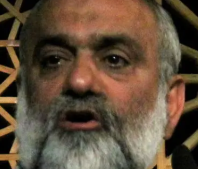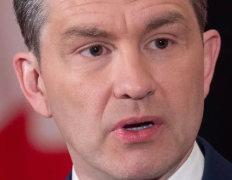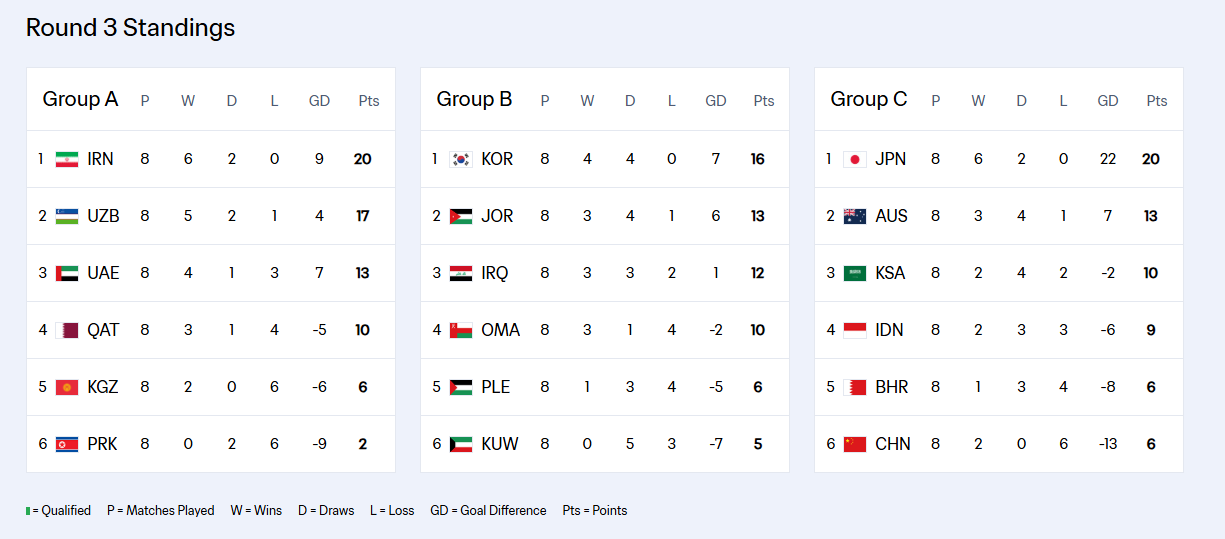He demanded a complete reversal and called for a national referendum on whether the public wanted his program or the Majlis alternative.
The Majlis was reviewing the president’s budget as it emerged from the Majlis budget committee. In votes on the floor, the deputies made only one major change, but it was change that infuriated the president.
The president had asked the Majlis to take 400 trillion rials ($40 billion) out of subsidies and allow him to pay that in cash welfare checks to the Iranian public this year. The Majlis balked. It halved the amount, saying that Ahmadi-nejad was making the shift from subsidies to welfare too quickly and would only light a fire under inflation.
The president erupted in anger Sunday, accusing the Majlis of making things worse. He said the Majlis action would undermine the entire plan to move away from subsidies. He then demanded a national referendum, allowing the Iranian public to choose between his plan or the Majlis plan.
Article 59 of the Constitution permits referenda on “extremely important matters,” but only the Majlis can send an issue to the public for a vote, and that requires a two-thirds majority of the Majlis. The Islamic Republic has never held such a policy referendum.
The president said, “The solution is to ask the people if they want this law to be implemented or not by holding a referendum. We should not be required to do something that hurts the people.”
The Majlis attack on Ahmadi-nejad’s program was led by Ahmad Tavakkoli, the deputy who heads the Majlis Research Office and is often a critic of the president, Elias Naderan and Gholam-Reza Mesbahi-Moqad-dam, a cleric. Ahmadi-nejad dismissed their criticisms, saying they lacked the required training in economics.
Ahmadi-nejad, an engineer, has no training in economics and has been criticized by dozens of Iranian economists as virtually illiterate in the field.
The three deputies issued a statement calling not for a referendum but for a televised debate between them and the president.
The president didn’t mince words, charging that those who were trying to frighten the public over his program were being “treasonous.”
He complained that his opponents were flying in the face of expert opinion by refusing to accept that change in the current subsidy system is a necessity. Actually, just about all political factions accept that the subsidy system is flawed and requires major changes, but large numbers of deputies fear that Ahmadi-nejad is moving too quickly and without adequate planning. In fact, the government recently fed those fears when it scrapped its year-old plan for targeting subsidies and said it was devising a new formula.
Supreme Leader Ali Kha-menehi has taken much more power into his own hands in the past year, but he has ducked the entire subsidy issue. Sunday, however, he addressed the Majlis-President feud over subsidies. He still ducked the policy question, simply telling the brawlers to cooperate. Kha-menehi said, “The subsidy reform bill is very important and the administration and Majlis should cooperate. All state bodies should help the administration. On the other hand, the administration should view what is law as credible and valid.”
That last sentence is a point Khamenehi has made repeatedly to Ahmadi-nejad over the years, in effect reminding him that under the Constitution it is the Majlis and not the president that enacts laws.
This not the first time the Majlis has changed the president’s subsidies-to-welfare plans. Earlier, it made three major changes in his proposal:
– Lengthened the period of the shift from three years, as proposed by the president, to five years;
– Created a state fund from which payments will be made-the fund to be monitored by the Majlis and to get its monies from Majlis appropriations. The president had wanted a fund under his control that would get its monies automatically as subsidies were cut and would not be subject to Majlis appropriations.
– Ordered that payments be made to every Iranian family, not just the poorest 70 percent, as proposed by the president. Larger payments would still be made to poorer families.






















